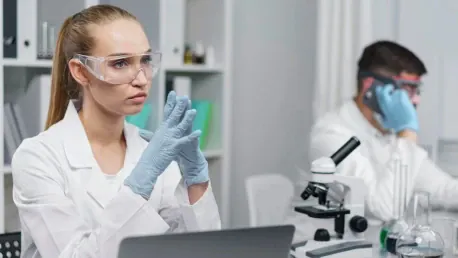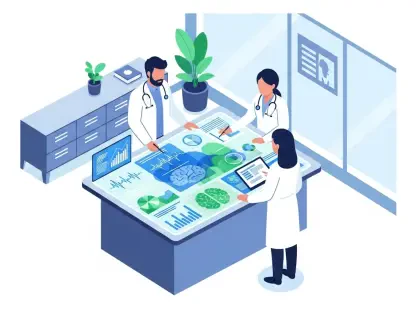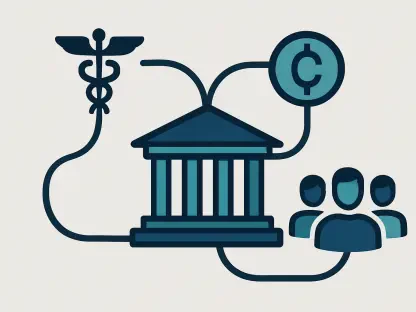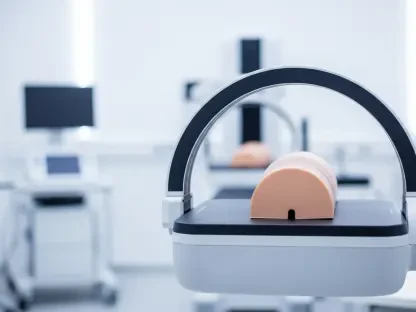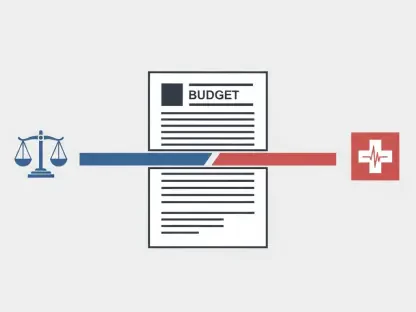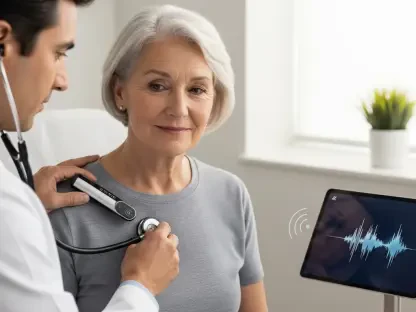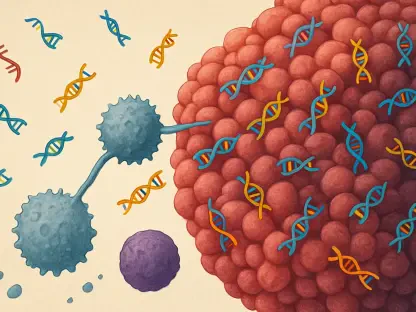The establishment of the BioHub Maryland Training and Education Center in Montgomery County marks a pivotal moment for the biopharma industry, both locally and nationally. With a $3 million investment from Montgomery County coupled with an additional $1.25 million from the Moore-Miller Administration, the state-of-the-art 8,200 square-foot facility is set to transform biopharma training. Targeting a critical need for skilled workers in an industry that boasts 60,000 job opportunities nationwide, this center aims to bridge the skills gap that currently hinders the biopharma sector’s growth. It opens its doors to Maryland, Washington, D.C., and Virginia residents who meet specific eligibility criteria, such as possessing a high school diploma, proficiency in English, and legal authorization to work in the United States. The training initiative requires a dual commitment to on-site and online coursework, ensuring a comprehensive learning experience.
The BioHub Maryland center’s curriculum has been meticulously developed in collaboration with the National Institute for Bioprocessing Research and Training to meet industry standards and demands. It concentrates on providing education in crucial areas such as biomanufacturing, quality control, and aseptic operations, thus equipping students with industry-specific competencies. Kelly Schulz, CEO of the Maryland Tech Council, emphasizes that this curriculum is not only academically rigorous but also tailored to provide practical industry skills, thereby making participants highly marketable for high-paying positions.
The center goes beyond technical training by incorporating holistic career development, including resume building and mock interviews, which are essential for students to secure job placements successfully. The initiative represents a substantial investment in not just training but in the broader mission of job creation and economic growth in Maryland’s thriving life sciences sector.
Comprehensive Training Programs
The training programs offered at BioHub Maryland are comprehensive, encompassing a wide range of skills necessary for the biopharma industry. Students undergo extensive training in biomanufacturing processes, ensuring they understand the intricacies of producing biopharmaceutical products to meet stringent industry standards. Additionally, quality control training is a critical component, as it ensures that students can maintain the high quality required in biopharma production. Aseptic operations training further prepares students for the sterile environment necessary in biopharma manufacturing, teaching them the principles and practices essential for preventing contamination.
Moreover, the curriculum integrates training in data analytics, which is increasingly important in the biopharma industry for optimizing processes and ensuring product quality. Digital fluency is another key focus area, as the industry moves towards more automated and technologically advanced systems. Students learn to navigate digital platforms and tools effectively, equipping them for modern biopharma environments. The addition of training in automation prepares students for a future where robotic systems and automated processes play a significant role in biomanufacturing. These technical skills are complemented by training in essential soft skills like communication, problem-solving, and adaptability, creating well-rounded professionals ready to meet the industry’s needs.
Supporting Career Development
The creation of the BioHub Maryland Training and Education Center in Montgomery County marks a significant milestone for the biopharma industry both locally and nationally. With a $3 million investment from Montgomery County and an additional $1.25 million from the Moore-Miller Administration, the advanced 8,200 square-foot facility aims to revolutionize biopharma training. It addresses a critical shortage of skilled workers in an industry with 60,000 job openings nationwide, aiming to bridge the skills gap that impedes biopharma sector growth. Open to residents of Maryland, Washington, D.C., and Virginia who meet specific criteria like holding a high school diploma, proficiency in English, and legal authorization to work in the U.S., the center offers a comprehensive learning experience through a combination of on-site and online coursework.
Developed in partnership with the National Institute for Bioprocessing Research and Training, the BioHub Maryland curriculum focuses on vital areas such as biomanufacturing, quality control, and aseptic operations. CEO of the Maryland Tech Council, Kelly Schulz, emphasizes that the curriculum is both academically challenging and practical, preparing participants for high-paying jobs. Beyond technical training, the center offers holistic career development, including resume building and mock interviews. This initiative is a significant investment not just in training but also in job creation and economic growth in Maryland’s life sciences sector.
